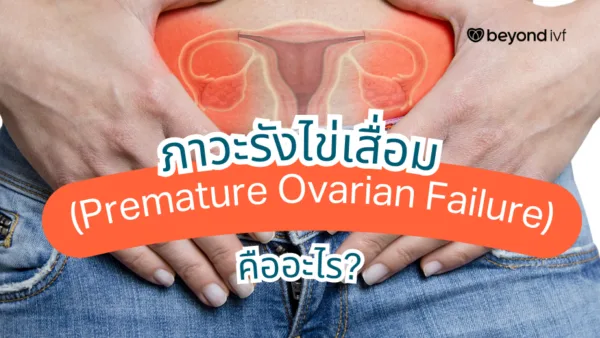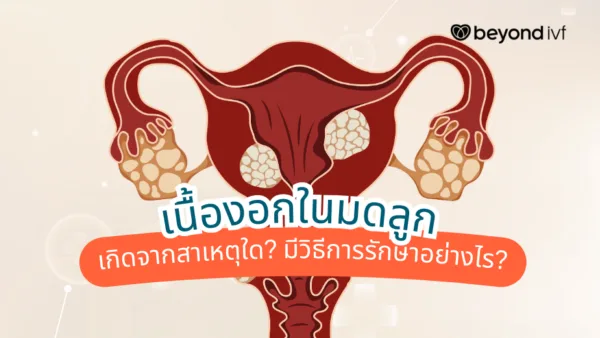
Our blog

Updates
Read the story

Updates
Deep Dive into Hysteroscopy: An Innovative Procedure for Uterine Cavity Examination
Read the story

Updates
Is it still possible for a woman at 40 to have a baby?
Read the story

Updates
What is NIPT (Non-invasive Prenatal Testing) Cost, Accuracy, and More
Read the story

Updates
มีลูกยาก คืออะไร? รักษาได้อย่างไร? หาคำตอบจากแพทย์ได้ที่นี่
Read the story

Updates
ฉีดเชื้อเข้าสู่โพรงมดลูก (IUI) คืออะไร? เรื่องน่ารู้เพื่อเพิ่มโอกาสมีลูก
Read the story
Updates
What is IUI - Procedures, Success Rates, and Costs
Read the story
Updates
Infertility: Causes, Symptoms, Tests, and Treatments
Read the story

Updates
Testing AMH (Anti-Müllerian Hormone) can increase the chances of successful pregnancy for individuals with fertility issues.
Read the story
Updates
Having had 3 miscarriages, is there still a chance of getting pregnant again?" Answered by Dr. Kitti Chattratrakulchai
Read the story

Updates
Premature Ovarian Insufficiency: Can You Have Children? Symptoms, Causes, and Treatment
Read the story

Updates
What is Folic Acid? How is it Beneficial for Pregnant Mothers?
Read the story

Updates
4D Ultrasound: When Should You Get It and What Can It Reveal?
Read the story

Updates
What Causes Uterine Fibroids? How Are They Treated? Is Surgery Necessary?
Read the story

Updates
Wanting to have a child: How to conceive and prepare for an easier pregnancy
Read the story

Updates
How to have twins?
Read the story

Updates
Where to register for pregnancy? Tips for choosing the best pregnancy clinic that first-time mothers should know!
Read the story

Updates
How much does a uterine and ovarian ultrasound cost, and what can it reveal?
Read the story

Updates
10 Foods to Boost Male Fertility and Increase Sperm Count
Read the story

Updates
Is it true that drinking coconut water enhances sexual performance?
Read the story

Updates
Pelvic Inflammatory Disease (PID): Symptoms, Causes, and Treatment Symptoms:
Read the story

Updates
Is it true that ovulation happens on one side each month?
Read the story

Updates
What is GIFT (Gamete Intrafallopian Transfer)? What are the steps involved? How is it different from In Vitro Fertilization (IVF)?
Read the story

Updates
What is a female hormone test for? What tests are included, and how much does it cost?
Read the story

Updates
How can you tell if your husband is infertile?
Read the story
Updates
Aricept: A medication for Alzheimer's disease that you should know about
Read the story
Showing 78 of 141 articles

